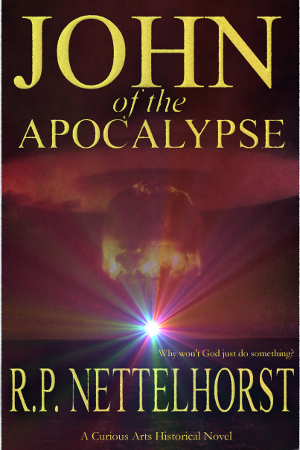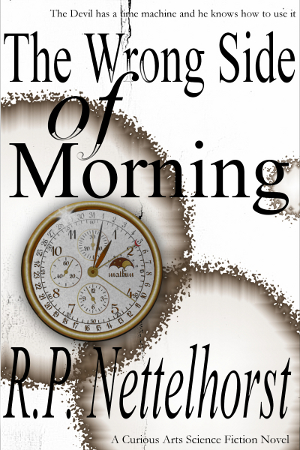Jamaican Blue Mountain Coffee is a classification of coffee grown in the Blue Mountains on the island of Jamaica. It is a very mild coffee which lacks the bitter aftertaste one endures with most brews. The Blue Mountains of Jamaica are located between Kingston to the south and Port Maria to the north. Rising to 7500 feet, they are some of the highest mountains in the Caribbean. The climate of the region is cool and misty. It rains a lot. The soil is rich with excellent drainage. Nearly perfect conditions for growing coffee.
The Coffee Industry Regulation Act of Jamaica specifies what coffee may use the label Blue Mountain. Generally speaking, coffee harvested from the Jamaican parishes of Saint Andrew, Saint Thomas, Portland and Saint Mary may be called Jamaican Blue Mountain coffee if it is grown at elevations between 3,000 and 5,500 feet. Thus, there is only a very small amount of Jamaican Blue Mountain coffee in the world.
It is not a kind of coffee I drink very often. In fact, years–even decades–will pass before I imbibe.
And there is a very simple reason for my general estrangement from the best coffee I’ve ever drunk: given its rarity, it is incredibly expensive. It goes for anywhere between thirty and forty dollars per pound. Ouch! On the amount of money that I have to spend each month, the cheap store brand that sells for around a dollar or two a pound will be just fine, thank you very much.
When Lancaster experienced record low temperatures a few years ago, the pipes in our church building froze. This was not a good thing. When they finally thawed out, just as our morning worship service was about to start, we discovered that a pipe above the hallway outside one of the restrooms was leaking. We quickly shut off all the water to the building.
My task on the next Saturday morning was to repair that pipe. Or at least try. My motivation: that way we would have water in the building on Sunday morning—meaning that we would be able to make coffee. The cheap dollar a pound variety, of course. My church is not exactly flush with cash, either.
I had brought my tools for working with pipes with me when I arrived around ten in the morning: a butane torch, solder, flux, a jigsaw with a metal cutting blade, a hacksaw, and an extension cord. I met our pastor, Don Patterson and we got to work on trying to fix the problem. I got the ladder from the shed and then climbed into the attic where I could see two obvious holes in the copper.
So, we drove to Lowes and picked up a couple of clamps—metal clamshells with a rubber section that can be put over a leak in a pipe, then bolted shut. There were already five such clamps on that length of pipe, so this wasn’t the first time such a fix had been made up there. So I attached the two clamps we’d gotten and Don turned on the water. I immediately saw three smaller leaks I had missed before. He turned the water off.
Then we made another trip to Lowes, to get more clamps. Four of them. I used them all and found out about two more leaks left after we turned the water on again. Lowes had no clamps left, so we traveled to Home Depot. We found two there. I attached them. Don turned the water on. Still more leaks appeared.
Don went to a hardware store in Quartz Hill and found three clamps; however, only one of them was the right size. That left one unclamped leak. So we drove to two other hardware stores. No clamps in either place. All sold out. But we did find some epoxy stuff that was supposed to fix leaks.
I tried that. It didn’t work.
So what to do? I had two ¾ inch clamps which didn’t fit the ½ inch pipe. But, by folding some extra rubber strips, I managed to jury-rig one of the clamps and actually made it work.
Don turned the water back on. No more leaks! At last! I looked at my watch. It was 4:45 PM. All done. Well—except for making an unplanned repair to the ceiling in one of the classrooms. I had earlier slipped and plunged my knee through it. Thankfully I did not fall through the ceiling and land on the floor—although that would have made for a much funnier story.
Sunday morning before Sunday School, I learned that Don had told everyone about my fix-it job the day before. He had blabbed it from the pulpit during announcements at the first service and told everyone that they should bow before me in thanks. As I was making coffee in the kitchen, I commented to someone that my real reason for fixing the pipe had just been so I could drink coffee.
“Tell me,” said our music leader, “what’s your favorite kind of coffee.”
I admitted my fondness for Jamaican Blue Mountain.
“Then I’m going to go get you some.”
I warned him that it was very expensive, but he was not to be deterred.
Therefore, I was soon able to renew my acquaintance with the best coffee on the planet. A broken water pipe and a long day of volunteer work had turned out to be an unexpected blessing after all.
 Send to Kindle
Send to Kindle
 A Year With God
A Year With God A Year With Jesus
A Year With Jesus The Bible's Most Fascinating People
The Bible's Most Fascinating People The Bible: A Reader's Guide
The Bible: A Reader's Guide Antediluvian
Antediluvian Inheritance
Inheritance John of the Apocalypse
John of the Apocalypse Somewhere Obscurely
Somewhere Obscurely The Wrong Side of Morning
The Wrong Side of Morning